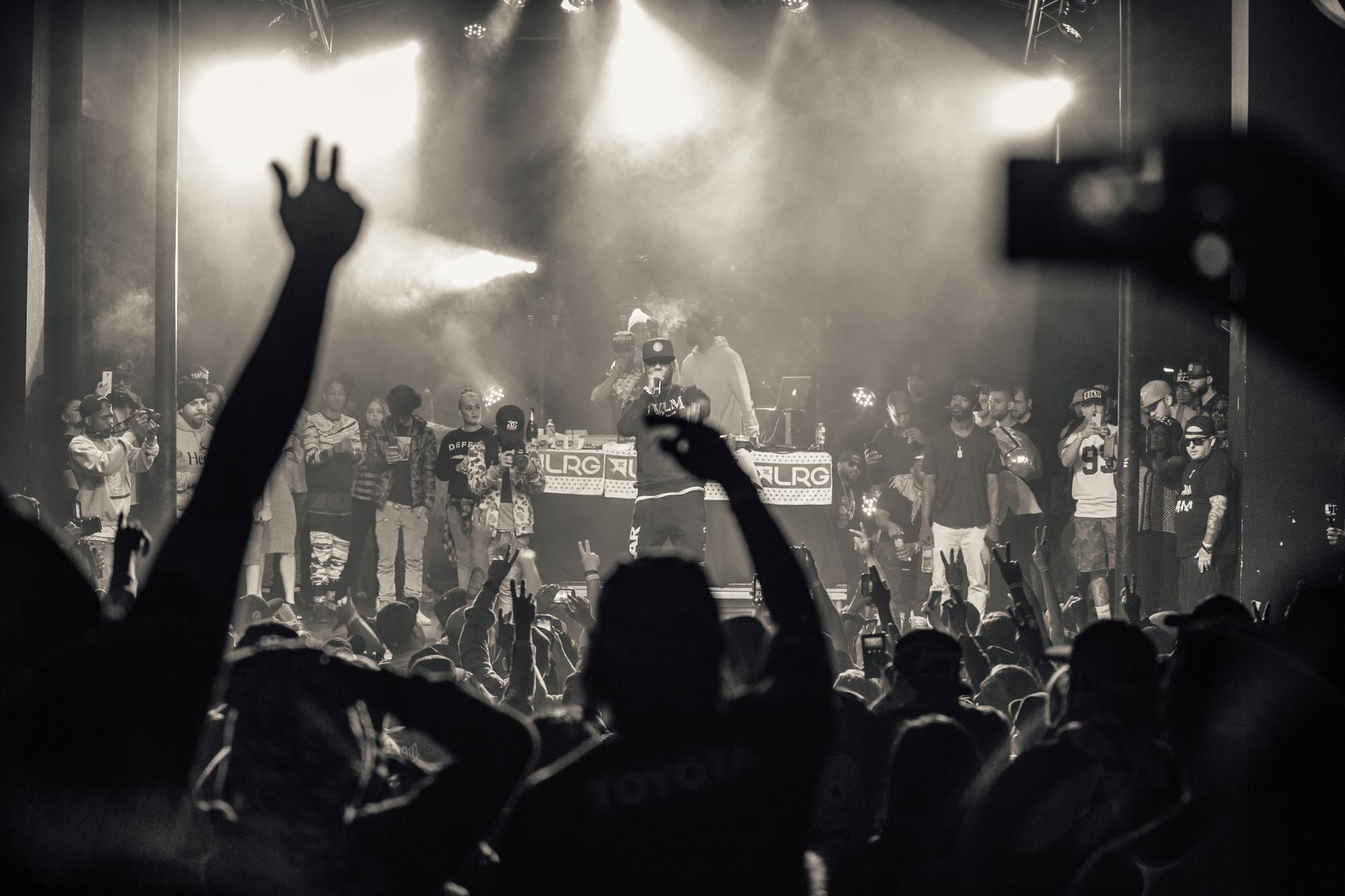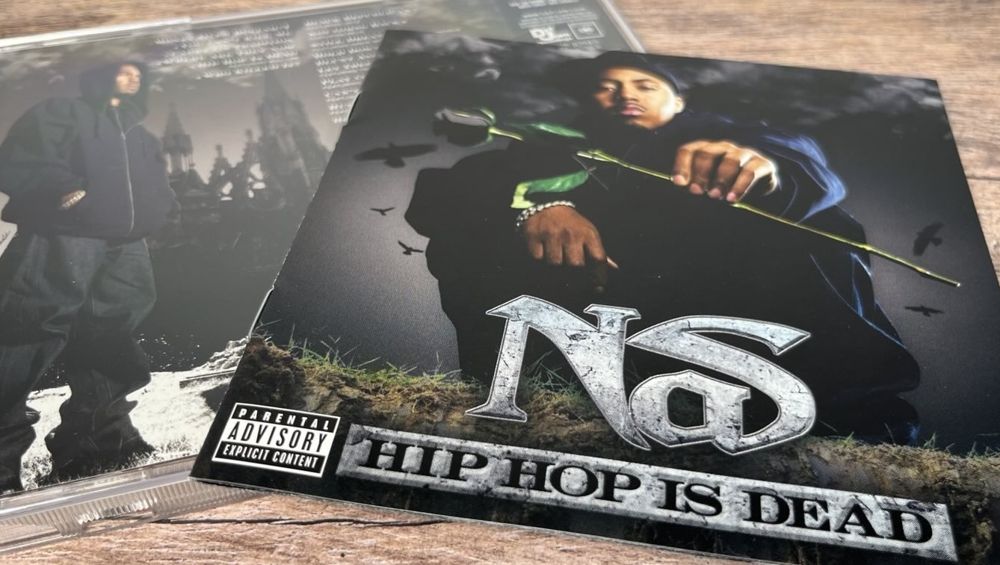When hip-hop and cannabis collided, a cultural revolution was born—one that would redefine how weed is marketed, sold, and celebrated. The partnership between rap and cannabis isn’t just about lyrics or lifestyle; it’s a billion-dollar alliance that reshaped modern cannabis branding and culture forever.
From Counterculture to Mainstream
Hip-hop has always thrived on authenticity. When artists like Cypress Hill, Snoop Dogg, and Method Man proudly rapped about marijuana, they weren’t just breaking taboos—they were setting a new tone. Cannabis went from being seen as a criminal act to a symbol of creativity, confidence, and self-expression. What was once underground culture became the new mainstream cool.
By the late 1990s and early 2000s, rappers weren’t just promoting cannabis in their songs—they were building empires around it. Snoop’s Leafs by Snoop line, Berner’s Cookies empire, and Wiz Khalifa’s Khalifa Kush brand transformed celebrity influence into retail power. Fans didn’t just want to listen to these artists—they wanted to smoke what they smoked.
Branding Beyond the Blunt
Hip-hop’s biggest contribution to the cannabis industry is its approach to marketing. Unlike traditional dispensary branding focused on medicinal benefits or technical details, hip-hop-inspired marketing leaned into storytelling, style, and identity.
Berner, for instance, turned Cookies into a global lifestyle label, complete with apparel, music collaborations, and exclusive strain drops that sell out like sneakers. Each strain wasn’t just a product—it was part of a narrative connecting cannabis with hip-hop culture, fashion, and luxury.
Wiz Khalifa’s marketing playbook mirrored the music industry itself: build hype, drop limited products, and collaborate with other cultural icons. The strategy created community loyalty and brand recognition faster than most traditional advertising campaigns ever could.
The Rise of Rap-Backed Brands
As legalization spread, more artists turned their lyrical love for cannabis into business ventures. Jay-Z launched Monogram, emphasizing craftsmanship and dignity in cannabis culture. Nas partnered with Excess, Method Man launched TICAL, and B-Real opened Dr. Greenthumb’s dispensaries. Each brand carried its creator’s voice, turning fandom into consumer trust.
These artists not only influenced what people smoked but how they thought about cannabis as a lifestyle choice. They blurred the lines between music marketing and marijuana entrepreneurship—making cannabis branding as much about vibe and story as about strain and THC content.
Hip-Hop’s Lasting High
Today, the cannabis industry owes much of its modern aesthetic—bold packaging, streetwear crossovers, and influencer-style storytelling—to the foundations hip-hop built. The genre’s authenticity and rebellion helped remove stigma and gave cannabis a cultural identity rooted in self-expression and empowerment.
From smoke-filled studios to sleek dispensary shelves, hip-hop didn’t just endorse cannabis—it helped elevate it. In many ways, rappers became the industry’s most powerful marketers, using rhythm, rhyme, and reputation to transform a plant into a movement.
In the end, hip-hop didn’t just change cannabis—it made it cool, confident, and culturally unstoppable.


